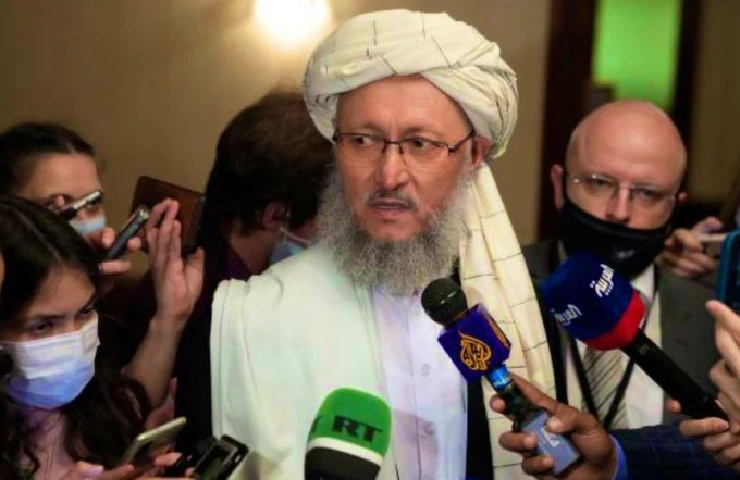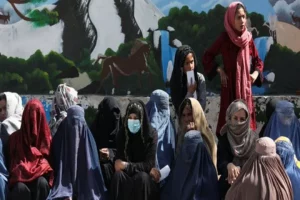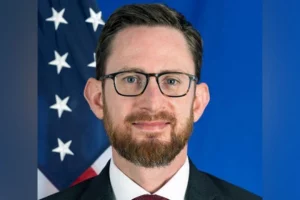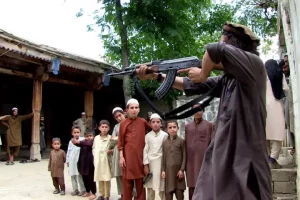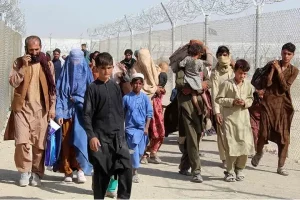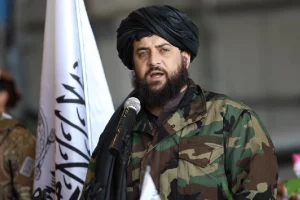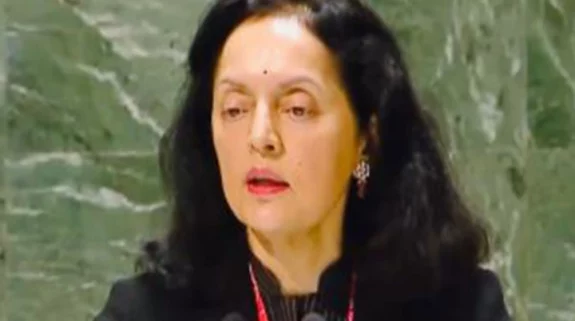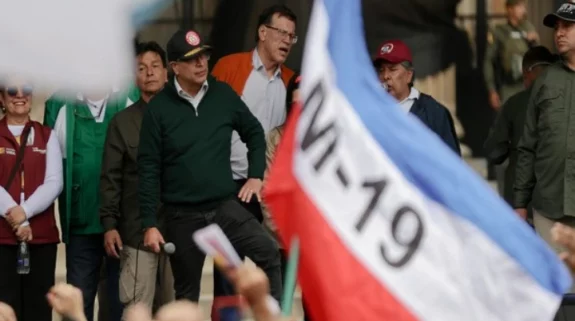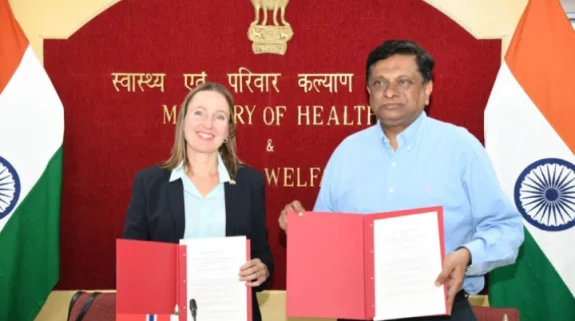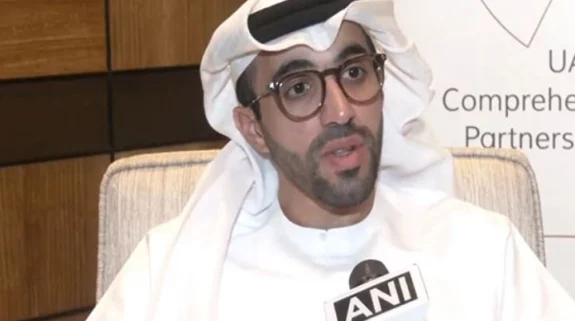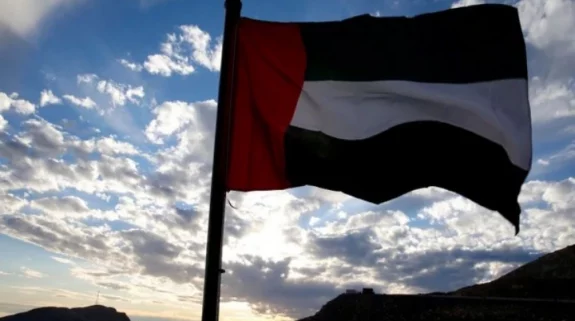Over the past few days, all eyes were riveted to the "Moscow format" – talks convened by Russia in which ten other countries, including India participated along with the Taliban. The main objective of the conclave was to get the Taliban to commit to an "inclusive government" and not allow its territory to become a launchpad for attacks on neighbouring countries, while getting the other participants to acknowledge the "new reality" in Afghanistan.
Simultaneously, however, quiet diplomacy seems to be taking place in another part of the Commonwealth of Independent States (CIS). A highly placed diplomatic source has indicated to India Narrative that Bishkek may well play the mediator and host talks between the Taliban and the National Resistance Front in Panjshir, whose main leaders now seem to be based outside Afghanistan, primarily in Tajikistan.
While Kyrgyzstan is one of the participants in the Moscow talks yesterday, October 20, it had sprung a major surprise when it sent a high-level delegation on September 23 to Kabul for face-to-face interaction with the government appointed by the Taliban.
Deputy Chairman of Kyrgyzstan Security Council, Taalatbek Masadykov arrived in Afghanistan as an emissary of Kyrgyzstan President Sadyr Japarov. He was accompanied by the head of the Foreign Policy Department of the Kyrgyz presidential administration, Jeenbek Kulubaev. Both report to the president directly.
Masadykov, a top UN diplomat, is an old Afghan hand. He had worked as an interpreter and expert at the Academy of Sciences and Ministry of Tribal Affairs of Afghanistan in the 1980s for the Soviet Advisory Group. Later, for 12 years, beginning from 2002, he worked in various capacities with the United Nations Assistance Mission in Afghanistan (UNAMA).
This had been the most well represented delegation from Central Asia, to visit Kabul for meetings with the acting Taliban government. Even outside the region, the only other stand-out visits to Kabul till then had been that of Qatar's foreign minister and deputy prime minister Sheikh Mohammad bin Abdur Rahman Al-Thani and then Pakistan's ISI chief Faiz Hameed's.
While the delegation handed over humanitarian cargo to Afghanistan, its aim was to establish relations with Kabul. Kyrgyzstan, it can be said, is not enamoured with the Taliban. During its earlier rule religious based terrorism had spilled over into Kyrgyzstan from the territory of Afghanistan even though neither share direct borders. However, it acknowledges the "new reality" in Kabul and seeks to work with it in ways that would best protect, secure, and ensure Kyrgyz security.
Insiders, however, note that Kyrgyzstan is trying to reconcile two major tendencies in the Central Asian region regarding Afghanistan. The first is the path of de facto recognition and thereafter engagement with the Taliban. This is the path that countries like Uzbekistan and Turkmenistan seem to be following. The other position is that of Tajikistan – a striking refusal to recognise the Taliban appointed government in its current Avatar, bolstered by support to the opposition group headed by Panjshir based Tajik activists like Ahmed Massoud and Amarullah Saleh. In this, Kyrgyzstan has the support of Moscow too, which backs both positions. The prime concern and objective of both Moscow and Bishkek is that insecurity, instability, radicalism, violence, terrorism, and uncontrolled refugee flows do not spill over into their territory from Afghanistan. Hence, a stable government is needed in Kabul which would take into concern the interests of all ethnic and religious groups inside the country and find legitimacy with Afghans first.
On its visit to Kabul, the Kyrgyz delegation had noted that it was "important for the Taliban to establish peace in the country and engage in economic development to improve the lives of the population".
Earlier, Kyrgyz President Sadyr Japarov had stated that Kyrgyzstan was committed to "non-interference in the internal affairs" of Afghanistan and wanted "friendly relations" with it and discuss cooperation on various issues to stabilize the situation in the country.
Bishkek, said the source was perfectly poised to offer itself as mediator given its location as a fellow regional Central Asian country to Afghanistan, with good ties with both Russia and the USA. Kyrgyzstan is part of the Moscow led Collective Security Treaties Organization (CSTO) but enjoys the best relations amongst all central Asian republics with the USA.
Furthermore, Bishkek also has sufficient experience in international mediation. It had successfully hosted Armenian-Azerbaijan talks in the 1990s over the conflict in Nagorno-Karabakh, brokering a long ceasefire between the two sides through the Bishkek Protocol of 1994.
Later Kyrgyzstan helped broker peace in Tajikistan which had been engulfed by the Tajik civil war. Through diplomacy and negotiation, a ceasefire agreement was signed in Bishkek in 1996 between the warring sides.
From 1993-1999 Kyrgyz peacekeeping forces guarded the section of the Tajik-Afghan border. Since, Bishkek has proposed to be a platform for peace talks on Afghanistan, given its relative neutrality in the Afghan conflict while having sufficient expertise in both Afghanistan, and in diplomacy and mediation. Sending Masadykov to Kabul was therefore not a coincidence.
Since the fall of Kabul on August 15 the world has continued to grapple with a Taliban administration which has given few signs of change or reform. Platforms like Doha are perceived to be too close to the Taliban. Can Bishkek deliver what Doha could not?
(Aditi Bhaduri is a columnist specialising in Eurasian geopolitics. Views expressed are personal)






